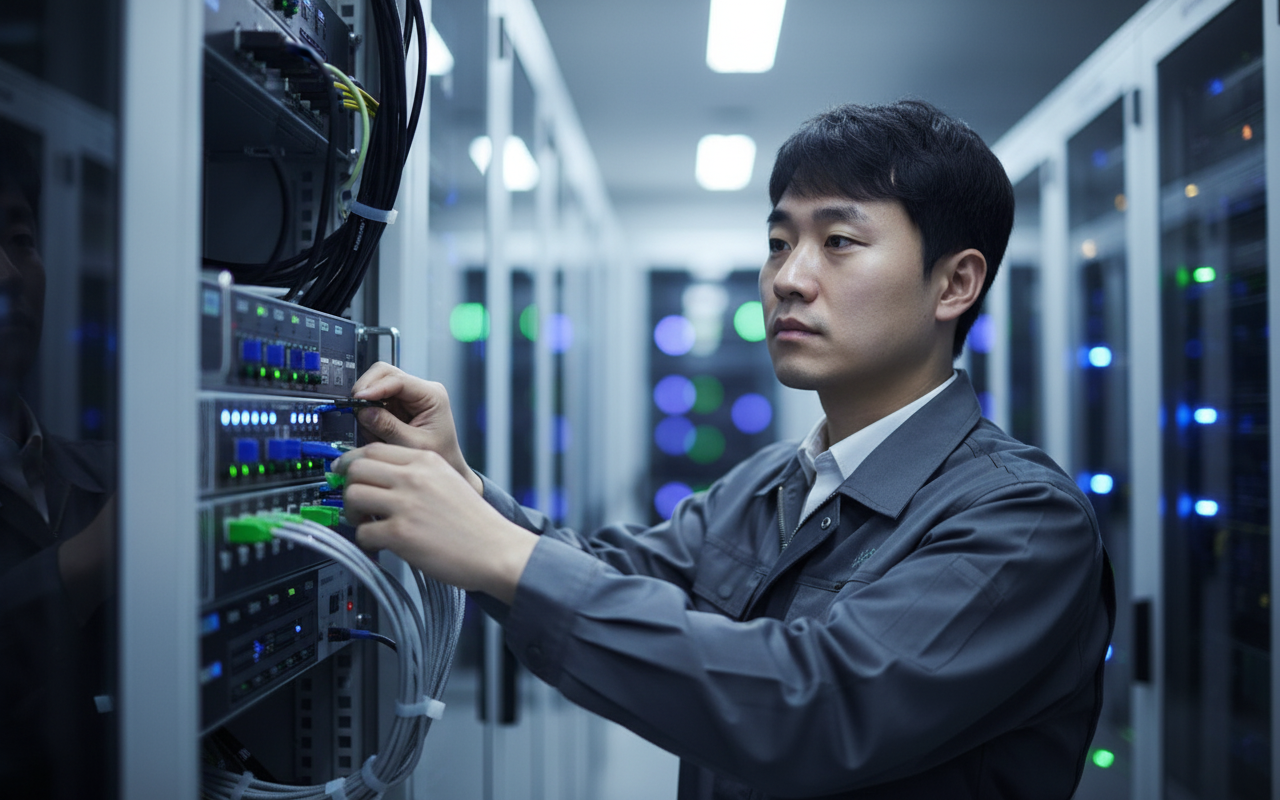Data Center Resilience: Key to AI Competitiveness, Spotlight on Backup Systems

Data Center Resilience: Key to AI Competitiveness, Spotlight on Backup Systems
As competition in artificial intelligence (AI) and cloud computing technologies intensifies, the importance of data centers is growing daily. In particular, the stable operation and rapid recovery capabilities of data centers are becoming a core factor determining a company's competitiveness. Around 2025, global Big Tech companies are making record investments in data centers to secure dominance in the AI and cloud markets. This trend is leading not only to the expansion of the physical size of data centers but also to the strengthening of system stability and resilience. Data centers are functioning as a core infrastructure that provides high-performance computing resources for AI model training and inference, and large-scale data analysis, beyond simply being data storage spaces. Therefore, data center outages can lead to service disruptions for companies, as well as significant economic losses and damage to corporate image. To minimize these risks, data centers are focusing on building backup systems that are prepared for various disaster situations such as power outages, fires, and natural disasters.
Recently, there have been active attempts to incorporate AI technology into data center backup systems. By using AI-based predictive analytics technology to detect potential risk factors in advance and take preventive measures, it is possible to minimize data center downtime. For example, AI can analyze various data such as temperature, humidity, and power consumption of the data center to predict equipment failure possibilities and notify in advance of replacement times. In addition, AI can analyze data center traffic patterns to detect potential cyberattacks and enable immediate response. These AI-based backup systems not only significantly improve the stability of data centers, but also contribute to increasing operational efficiency. Global Big Tech companies are actively investing in the construction of AI-based backup systems, which are expected to become the new standard for data center operations. South Korea is no exception. Domestic companies are also showing increasing interest in building AI-based data center backup systems, and related technology development and investment are expected to expand.
The domestic data center market is showing continuous growth, as seen by Hyundai Engineering's recent completion of the 'Yongin Jukjeon Pacific Sunny Data Center.' Global Big Tech companies' investments in South Korean data centers are also actively underway, which is a factor that increases the growth potential of the domestic data center market. However, the domestic data center market still faces several challenges. Difficulties in securing data center sites, instability of power supply, and shortage of specialized personnel are cited as major problems. In particular, stable power supply is very important as data centers consume large amounts of power. However, South Korea's power supply system is not yet considered sufficient to meet the demand of data centers. In addition, the shortage of specialized personnel in data center operation and management, and cybersecurity is also a serious problem. To solve these problems, the government and companies must cooperate to ease regulations for securing data center sites, improve the power supply system, and actively invest in training specialized personnel. The data center industry is one of the core industries that will lead South Korea's future economy, so the government and companies must work to develop the data center industry from a long-term perspective.
